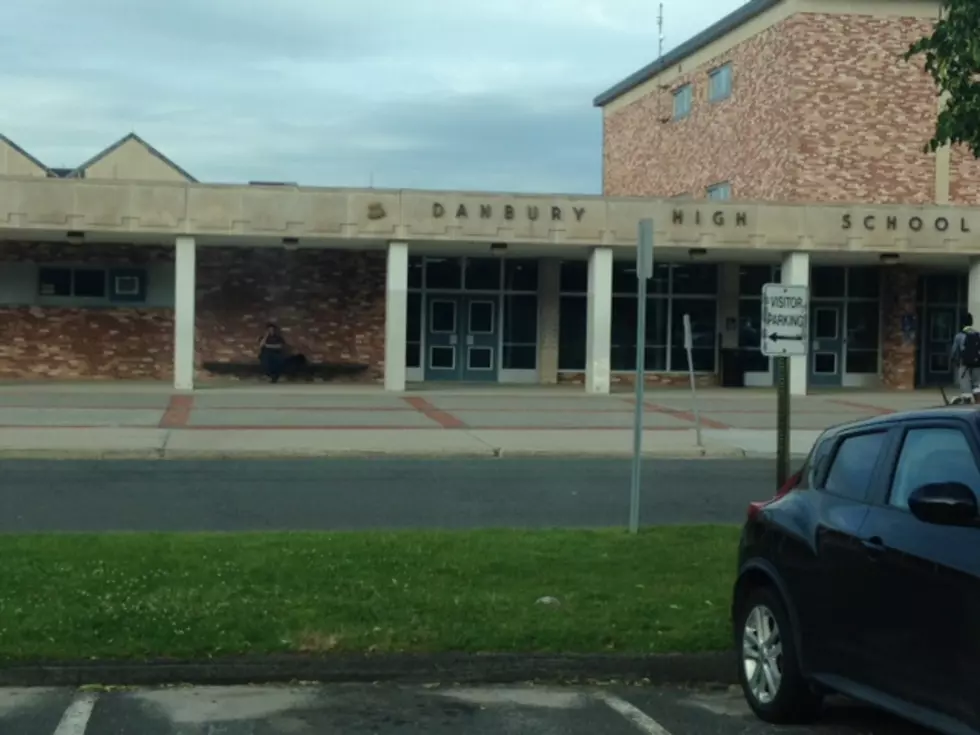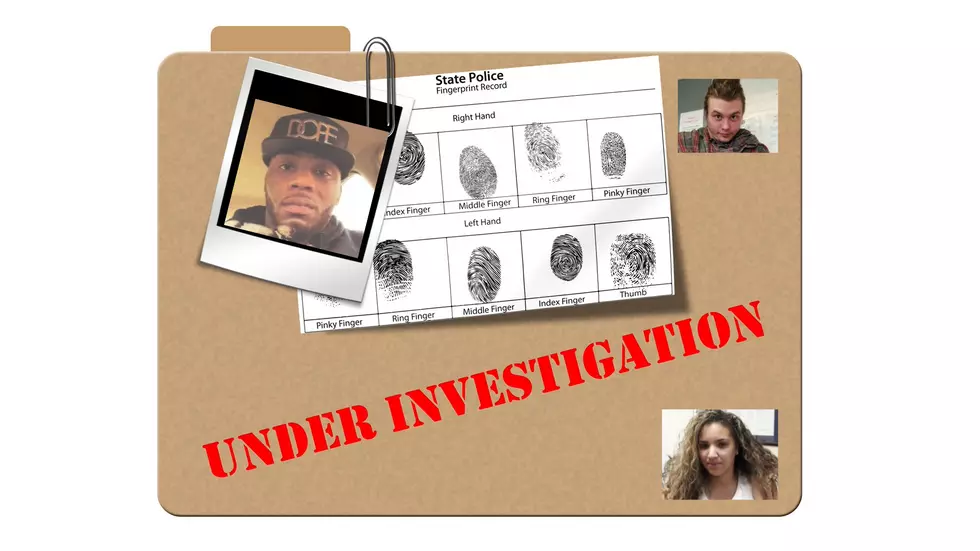
Mayor Mark Boughton: Danbury Public Schools Closed Indefinitely Out of Caution
Danbury's Mayor Mark Boughton has announced that the city's public schools will be closed indefinitely.
In the wake of the current events surrounding the Coronavirus in Connecticut, the mayor of Danbury took to social media on Thursday (March 12) to let residents know that Danbury Public Schools will be closed beginning on Friday (March 13) until further notice. "We are doing this out of abundance of caution," Boughton wrote.
As of this writing, there are four confirmed cases of Connecticut residents who have tested positive for COVID-19. The state's first case, a Wilton man in his 40s who is currently reported to be in a medically induced coma, is being treated at Danbury Hospital.
Coming up at 3:00 PM on Thursday, Governor Ned Lamont is set to hold a news briefing from the state's Emergency Operations Center to provide updates on Connecticut's COVID-19 response efforts.
This is a developing story and we'll be sure to keep you updated as more information rolls in.

According to the Department of Public Health, the risk of becoming infected with COVID-19 is considered low for people who had contact with an individual who does not have COVID-19 and does not have symptoms. In other words, a contact of a contact is considered low risk.
Any resident that is not currently showing symptoms of the virus (two or three days of fever, cough, and shortness of breath) can dial 211 at any time with any basic questions.
Related stories:
- COVID-19 Patient in Medically Induced Coma at Danbury Hospital
- 5 Reasons Why You Should Not Panic About The Coronavirus
- Gov. Lamont: CT's First Presumptive COVID-19 Case Being Treated in Danbury
- Danbury Mayor Dispels Rumors, Reminds Residents 'We Are Prepared, Not Scared'
The Governor's Office has also provided residents with some important messages to keep in mind:
- People without symptoms should not be tested for COVID-19. Testing individuals with no symptoms is not recommended by CDC.
- If you were with someone who does not have symptoms, the risk of transmission is very low.
- There are many respiratory illnesses circulating in Connecticut, such as the flu and the common cold. Having respiratory symptoms does not mean that you have COVID-19.
- People are at higher risk for COVID-19 if they have symptoms of the virus (cough, fever, shortness of breath) AND if they were a contact of a positive case of COVID-19 (or have traveled to country with community transmission, such as China, Italy, South Korea, Iran, and Japan).
- Someone is considered a contact if they have had direct, face-to-face contact with a person with COVID-19.
- People who think they have COVID-19 should call their healthcare provider. These people should not go directly to a healthcare facility without first calling a healthcare provider (unless they are experiencing a medical emergency).
- People with general questions about COVID-19 can visit ct.gov/coronavirus or call 2-1-1.
- Everyone can help stop the spread of viruses in Connecticut.
- Get your flu shot, and make sure the people around you do the same.
- Wash your hands often throughout the day. Use warm water and soap. If soap and water are not available, use alcohol-based hand gel.
- Cough or sneeze into your elbow. Viruses can spread by coughing or sneezing on other people or into your hands.
- Stay home from work or school if you are sick.
- Avoid touching your eyes, nose, or mouth. Germs spread this way.
- Get plenty of sleep, be physically active, manage your stress, drink plenty of fluids, and eat nutritious foods.
- Keep surfaces (especially bedside tables, surfaces in the bathroom, and toys for children) clean by wiping them down with a household disinfectant.
More From The Wolf









